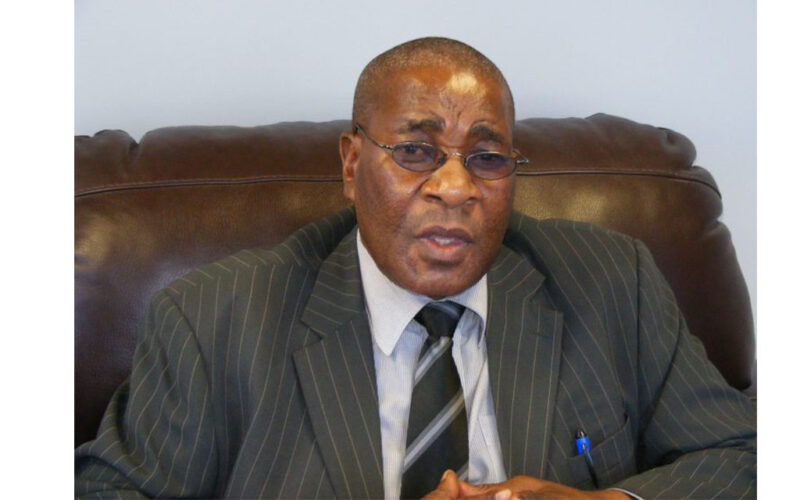Niël Terblanché
In an inspiring initiative aimed at enhancing science education within the Zambezi Region, eighty teachers from various schools have embarked on a transformative five-day training workshop.
This significant educational endeavour, now in its second consecutive year, is proudly hosted by the Zambezi Directorate of Education, focusing on vital subjects such as Chemistry, Physics, Biology, and Mathematics.
Spearheaded by the Namibia University of Science and Technology (NUST), this workshop is designed to furnish teachers with advanced skills and knowledge in their respective science subjects.
The initiative is sponsored by Risk-Based Solutions, a leading environmental consultancy firm, which has committed N$150,000 to support this crucial educational cause. The Governor of the Zambezi Region, Alufea Sampofu, lauded the initiative, noting the tangible improvements in the performance of students in the targeted subjects.
Sampofu’s commendation of the program stresses the significance of science and the positive impact it has already begun to demonstrate within the region’s educational landscape. The Governor called on local businesses to emulate the exemplary support provided by Risk-Based Solutions.
He stressed the importance of community investment, pointing out that assistance for such valuable programs often comes from businesses and organizations based outside the region.
His appeal to local enterprises is a call for increased involvement and support in fostering the educational development of various communities.
The eighty participating teachers are expected to return to their schools equipped with enhanced skills and fresh insights.
According to Sampofu, the initiative not only benefits the teachers and their students but also signifies a vital step forward in elevating the quality of science education across the Zambezi Region.
He added that the collaboration between the Directorate of Education, NUST, and Risk-Based Solutions serves as an inspiration that creates hope for the future of science education in the area.
The workshop, supported by public-private partnerships, will have a positive impact on targeted educational programmes and the development of a region’s educational capabilities.




